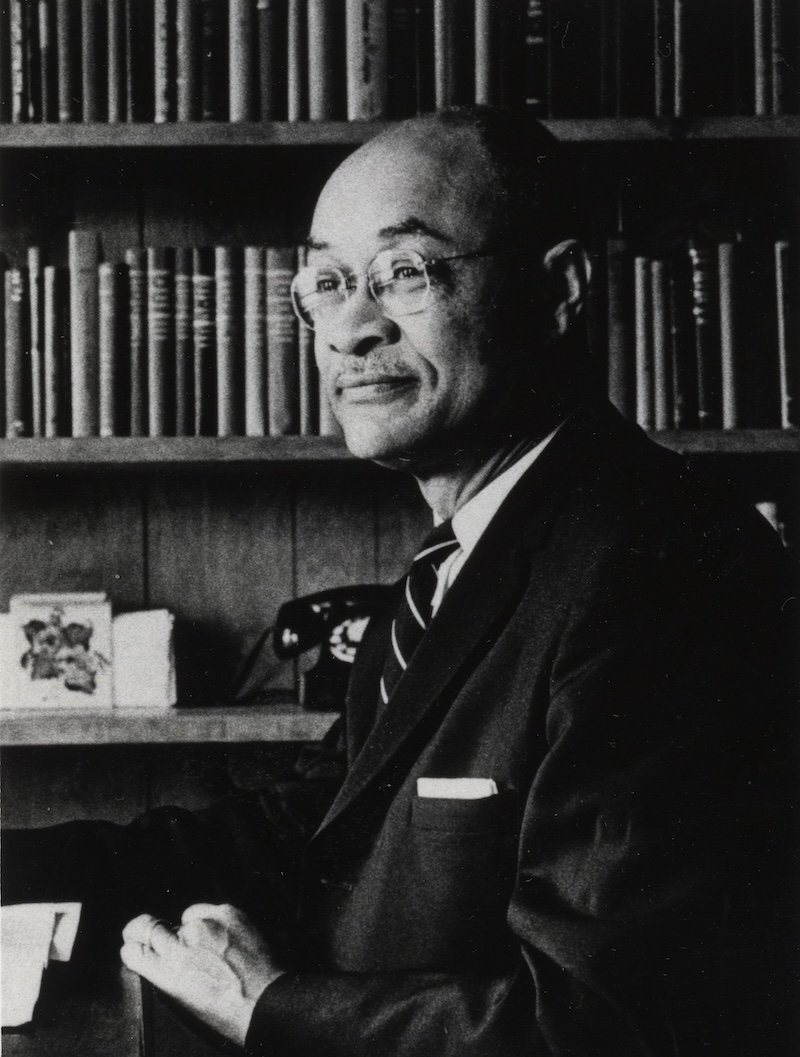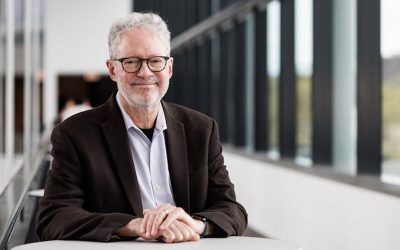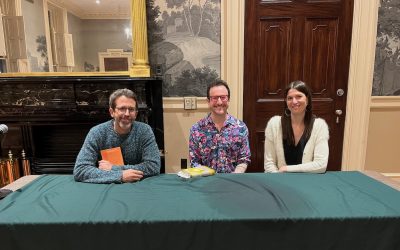Honoring historic milestones in celebration of Black History Month
February 2024 – In honor and recognition of Black History Month, Drew University is celebrating its Black pioneers—those who carved a path in Drew’s 150-year history towards diversity and inclusion.
Read on to learn more about three inspiring Black individuals who have made a profound impact on Drew’s history and the world.
Benjamin Franklin Wheeler T’1889
Benjamin Franklin Wheeler was born into slavery in 1854 in Charlotte, North Carolina. The Civil War ended when he was 11 years old, and he was then able to attend school in Charlotte thanks to the Freemen’s Friends Association, an organization founded by Philadelphia Quakers to provide education to formerly enslaved individuals. In addition to attending school, he worked in cotton fields and in brickyards.
As he got older, Wheeler found work in hotels in North and South Carolina, and eventually made his way to New York City. Here he found the Mother Zion Church and a calling to ministry. After attending the preparatory department at Oberlin College, he proceeded to graduate from Lincoln University with both an AB degree and a Bachelor of Sacred Theology.
Having developed an interest in Methodist church polity, Wheeler came to Drew, then called Drew Theological Seminary, and earned his Bachelor of Divinity in 1889. He was the 458th graduate of Drew, one of 29 students in his class, and the first known Black graduate of Drew.
Clarence E. Harrison C’35
Clarence E. Harrison came to Drew in 1930 from Sea Cliff, New York, only two years after Brother’s College, now called the College of Liberal Arts, opened its doors in 1928. Harrison was known as a leader by his classmates. “For a one word description of Clarence, we can think of no term more than Leader,” his peers wrote in the 1935 edition of Oak Leaves yearbook. “His personal example as well as his influence as an active member of extra-curricular affairs on the campus has marked Clarence as a man of unusual abilities.”
During his time at Drew, Harrison was Class President during his senior year, Vice President of the French Club, a member of the Acorn staff, literary editor for Oak Leaves, and Class Representative of the Student Council.
Harrison graduated from Drew’s Brothers College in 1935 with degrees in English and philosophy. He was the first Black individual to graduate from the school.
For an in-depth look at Harrison’s time at Drew, read this feature by Jocelyn Freeman C’25 in The Acorn.
George D. Kelsey, Henry Anson Buttz Professor of Christian Ethics
In 1951, George D. Kelsey accepted an Associate Professor of Christian Ethics role at Drew, making him the first Black professor at the school. He was promoted to full professor in 1957, and awarded the title of Henry Anson Buttz Professor of Christian Ethics. He retired in 1976.
Prior to joining Drew, Kelsey was the Director of the School of Religion at Morehouse College. It was during this time that Kelsey first met Martin Luther King, Jr., who studied sociology at Morehouse. Kelsey was King’s mentor and is credited for his decision to devote his life to ministry.
In 1964, King was invited to speak at Drew as a convocation speaker through his connection to Kelsey.
Kelsey was an accomplished author. During his time at Drew, Kelsey published Racism and the Christian Understanding of Man, and Social Ethics Among Southern Baptists, 1917-1969. In addition, he published numerous articles, chapters, book reviews, and pamphlets.
Visit Drew’s Special Collections & University Archives for more information on Drew’s incredible 150-year history.





